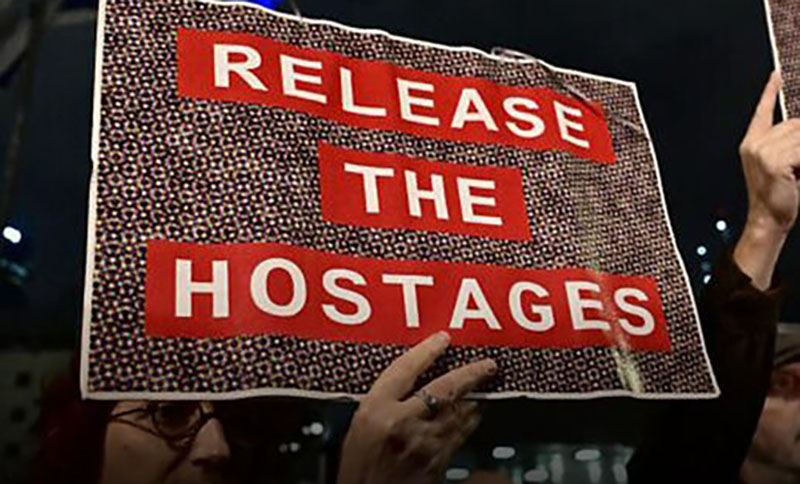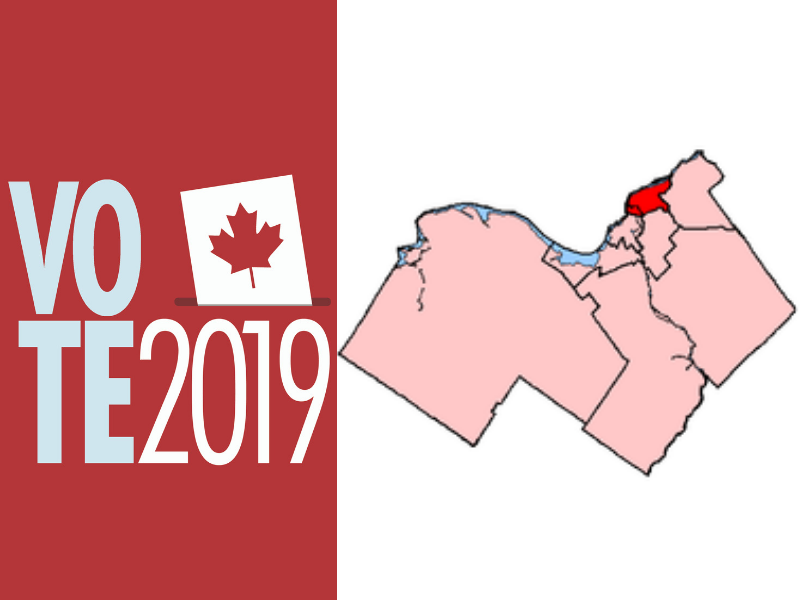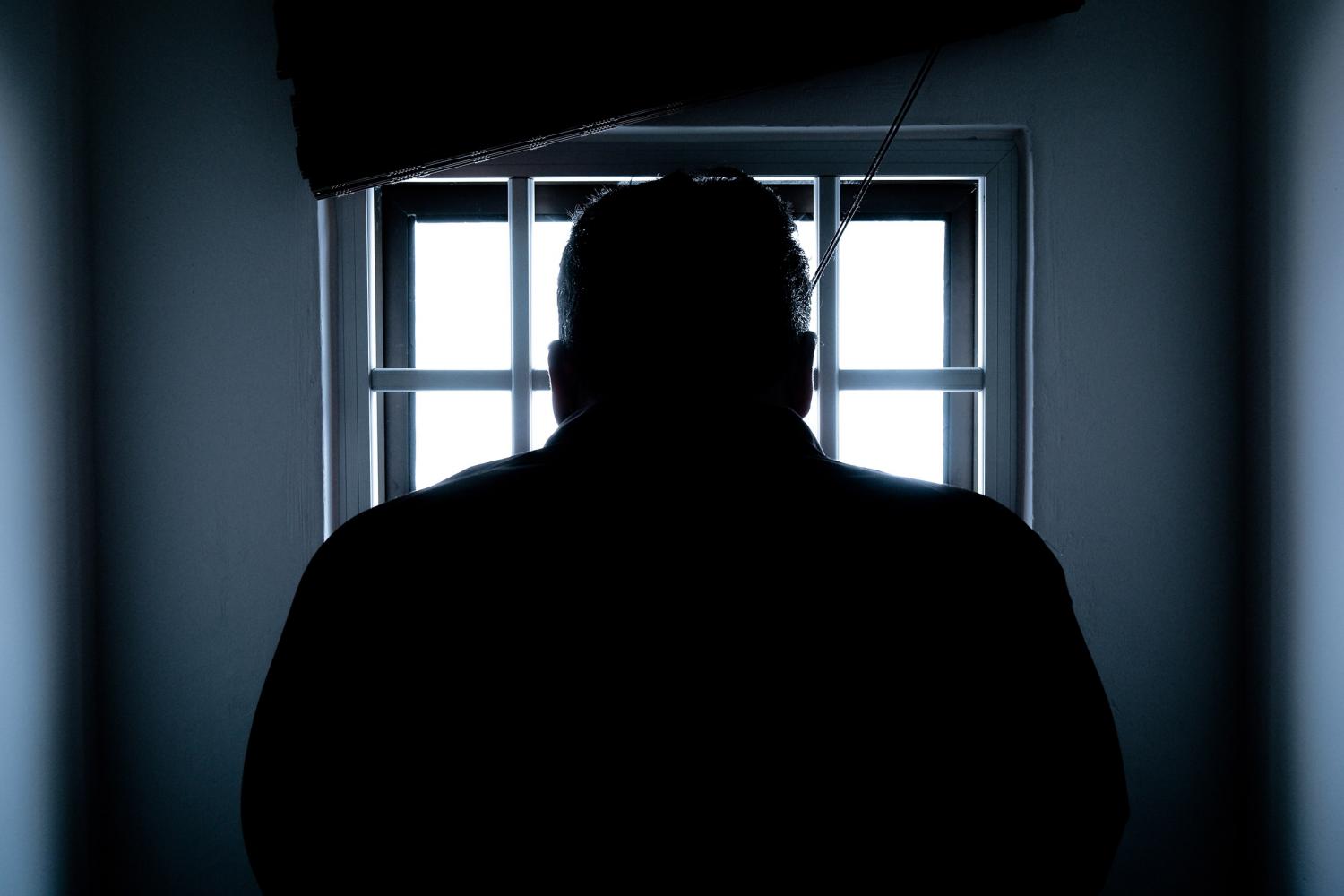
Supporting an Unconditional Ceasefire is Supporting Hamas
By Becca Wertman-Traub and Emmanuelle Amar
On December 12, Canadian foreign policy showed its hypocrisy, flip-flopping from a statement that clearly condemned Hamas and its role in perpetrating violence against both Israelis and Palestinians, to, just a few hours later, voting in favour of a UN General Assembly resolution that failed to even name Hamas, let alone hold Hamas accountable for any of its war crimes.
The vote and inconsistency in government statements and actions disgusted and shocked many Canadians. They demonstrated an abandonment of longstanding Canadian foreign policy, favouring one that moves away from promoting international humanitarian law.
For the naïve, a call for a ceasefire means a call for peace. But, in the case of the Hamas-Israel war, it is in fact the exact opposite.
On October 7, Hamas violated Israel’s sovereignty – first by launching rockets, then by hundreds of terrorists crossing into Israeli territory and massacring Israeli civilians. By deliberately targeting civilians, it committed war crimes, killing more than 1,200 people, taking more than 240 hostages, many children and elderly, and committing acts of sexual violence, rape, and torture. Since then, Hamas has continued, on a nearly daily basis, to target Israeli civilians with rockets. Since October 7, the terror group has targeted Israeli civilians across the country with more than 12,500 of these rockets, meant to kill, injure, and instil fear in society.
Hamas carries out all these activities to achieve its stated objective: the destruction of Israel and the Jewish people. Hamas has made this goal clear, repeatedly, including in its founding charter and in recent media statements in which it vowed to commit the horrors of October 7 “again and again.”
Understanding Hamas’ commitment to Israel’s destruction, in response to Hamas’ October 7 attack, the State of Israel launched a war against the terrorist organization. This action was in accordance with Article 51 of the UN Charter and the principles of jus ad bellum, which explain that self-defence is a legitimate cause to go to war.
Faced with an enemy that wants to annihilate its very existence, Israel’s war against Hamas is not only justified from an international legal standpoint but also necessary for its survival and for the protection of its population. The military objectives of Israel’s war against Hamas are also clear: eliminating Hamas’ reign of terror and ensuring the return of the hostages. Until these objectives are achieved, law-abiding nations must stand with Israel in achieving them. To vote for a UN resolution that denies this ability by promoting the notion of a ceasefire – with Hamas remaining armed and in power – is thereby to abandon any moral standing.
According to the UN, a ceasefire is a “suspension of fighting agreed upon by the parties to a conflict, typically as part of a political process. It is intended to be long-term and often covers the entire geographic area of the conflict. Its aim is usually to allow parties to engage in dialogue, including the possibility of reaching a permanent political settlement.”
But to reach this point, where fighting can be suspended and dialogue possible, Hamas must release unconditionally the more than 100 hostages, including an 11-month-old Israeli baby, whom they have been holding in clear violation of international law. Hamas must also be neutralized. A ceasefire without the removal of Hamas from power would do nothing for peace for either Israelis or Palestinians. Hamas remaining at the helm of Gaza would allow the terror group to continue its destructive and illegal campaign against Israeli civilians and its persistent violations of international law, including its use of its own Palestinian civilian population as human shields by embedding its terrorist infrastructure in population centres, schools, and hospitals – acts that are explicitly prohibited by international law that aims to protect civilians during times of combat.
Supporting a ceasefire without the preconditions of Hamas’ surrender would also mean torpedoing any chance for Israelis and the Palestinians to re-engage in a dialogue that might actually lead to peace talks and a two-state solution negotiated by the parties.
If Canada truly desires to be a global leader in advocating for the adherence to international law, if it truly believes in promoting universal human rights, peace, stability, and democratic values, then it must have the courage to stand against Hamas, for the wellbeing of Israelis and Palestinians, and for the good of the world.
Becca Wertman-Traub is the Director of Research at the Centre for Israel and Jewish Affairs (CIJA), the advocacy agent of Jewish Federations of Canada-UIA, representing Jewish Federations across Canada. She holds an MA in Political Science with a specialization in International Relations from Columbia University.
Emmanuelle Amar is the Director of Public Policy and Research (Quebec) at CIJA. She holds a master (LLM) in International Law from the Université de Montréal.
Photo: History in Picture, Dec 28, 2023









